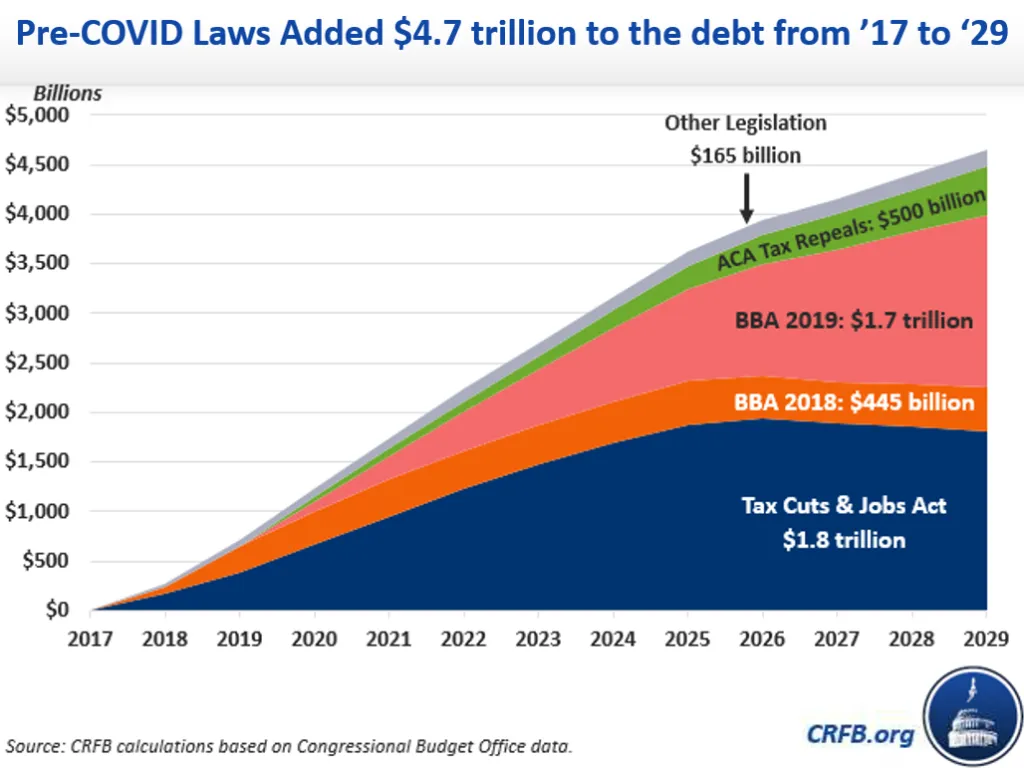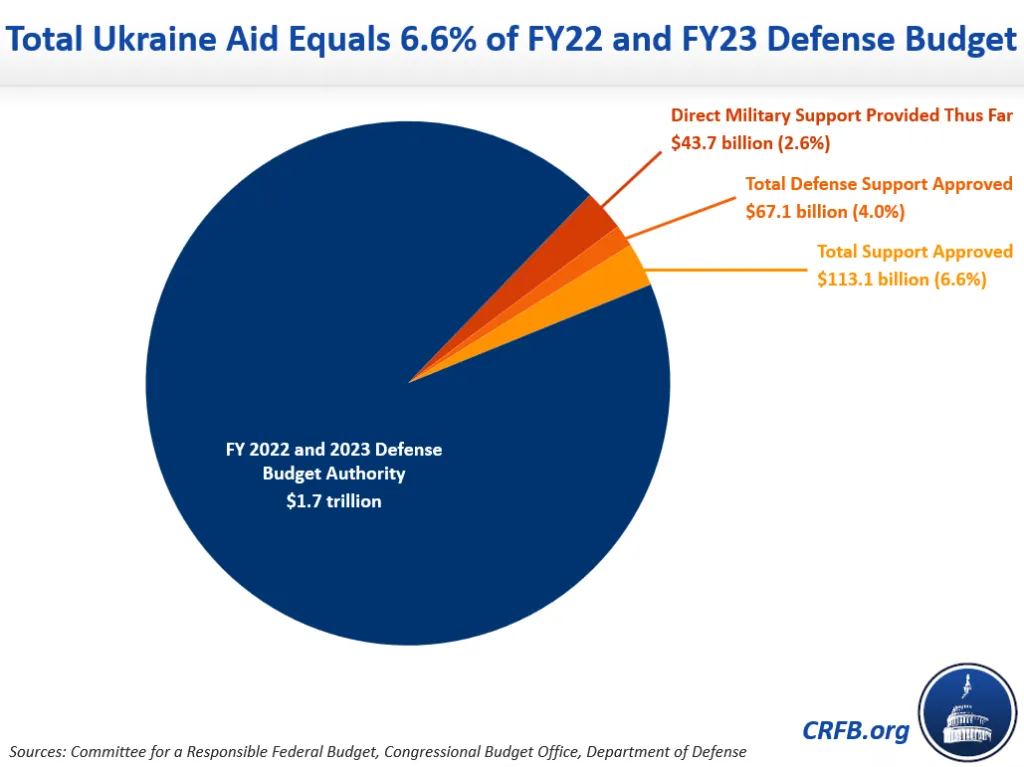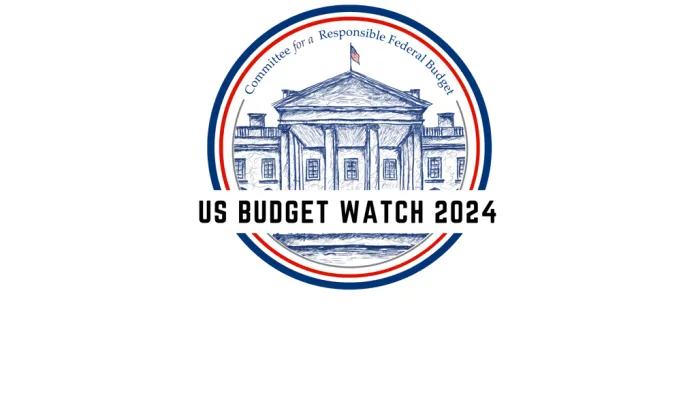Fact-Checking the First 2024 GOP Primary Debate
In the first Republican primary debate of the 2024 presidential election cycle, candidates made a number of claims relating to fiscal policy, the economy, and the federal budget. But how do those claims stack up?
US Budget Watch 2024 is a project of the nonpartisan Committee for a Responsible Federal Budget designed to educate the public on the fiscal impact of presidential candidates’ proposals and platforms. Through the election, we will issue policy explainers, fact checks, budget scores, and other analyses. We do not support or oppose any candidate for public office.
How Much Was Added to the Debt Under the Trump Administration?
During the first segment of the debate, former UN Ambassador and Governor of South Carolina Nikki Haley said, “Donald Trump added $8 trillion to our national debt.”
Haley’s statement is roughly correct, though we are still refining our complete estimates of the borrowing President Trump signed into law.
In January 2020 – prior to the pandemic – we estimated that President Trump had signed legislation adding $3.9 to $4.7 trillion to the debt, depending on the time window in question.

After that analysis was published, President Trump signed $3.5 to $4.0 trillion more of borrowing into law, mainly from bipartisan COVID relief enacted under the CARES Act, Response & Relief Act, and other bills.
In a future analysis, we’ll update our estimate of the total amount of debt that former President Trump added during his term, including from executive actions. However, $8 trillion is a reasonable estimate.
Ruling: True
How Has Inflation Affected Prices Throughout the Biden Administration?
During his response to questions on inflation, the economy, and the federal budget, Senator Tim Scott (R-SC), in relation to price inflation seen over the course of the Biden Administration, said, “When you talk about 16 percent inflation – your gas is up 40 percent, your food is up 20 percent, your electricity is up 20 percent.”
This claim is roughly true, though the phrasing may be confusing since Senator Scott is referring to total price increases since President Biden took office, and inflation is often presented as an annual number.
Between January 2021 and July 2023, the Consumer Price Index for All Urban Consumers (CPI-U) has risen by 16.9 percent. Prices specifically for fuel oil have risen nearly 50 percent, prices for food have risen 19 percent, and prices for electricity have risen 26 percent.
Under the Federal Reserve’s preferred measure of inflation, the chain-weighted Personal Consumption Expenditures (PCE) index, prices overall have risen by 13 percent since January 2021, with food up 18 percent and energy goods and services up 30 percent.
On an annual basis, CPI-U inflation has averaged about 6 percent per year since President Biden took office, while PCE inflation has averaged over 5 percent per year.
Ruling: True
How Much of Our Defense Budget Have We Pledged to Ukraine?
When asked about supporting Ukraine in its fight against Russia, Governor Haley said, “Less than 3.5 percent of our defense budget has been given to Ukraine.”
Haley’s statement is largely true depending on how you account for the Ukraine aid we’ve approved. Since the beginning of the Russian invasion of Ukraine, Congress has authorized more than $113 billion in defense and nondefense support for Ukraine. Most of those funds will be spent over the coming years and only after the President and the Department of Defense approve tranches of equipment and supplies. Since August 2021, the Department of Defense reports having provided about $44 billion of direct military support through Presidential Drawdown Authority, the Ukraine Security Assistance Initiative, and Foreign Military Financing.
CBO estimates that total defense budget authority for FY 2022 and 2023 is $1.7 trillion, which would put the $44 billion of direct military support at about 2.6 percent of the defense budget over those two years. The $67 billion in total defense-related funding that Congress has approved for Ukraine would raise that share to nearly 4 percent of the defense budget, and the $113 billion in total defense and nondefense support would push it up to around 6.6 percent. It is also important to note that these funds are on top of regular defense appropriations, not within them.

Ruling: Largely True
*****
Throughout the 2024 presidential election cycle, US Budget Watch 2024 will bring information and accountability to the campaign by analyzing candidates’ proposals, fact-checking their claims, and scoring the fiscal cost of their agendas.
By injecting an impartial, fact-based approach into the national conversation, US Budget Watch 2024 will help voters better understand the nuances of the candidates’ policy proposals and what they would mean for the country’s economic and fiscal future.
You can find more US Budget Watch 2024 content here.
